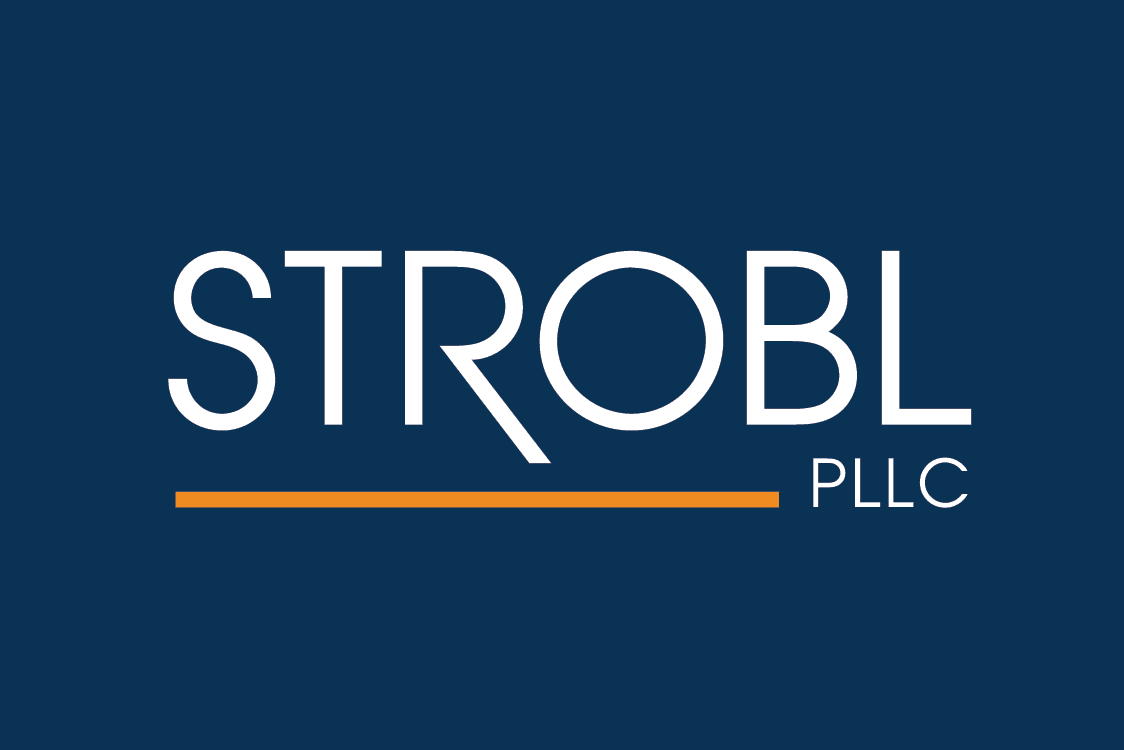A non-profit company or organization usually offers a benefit to the public through charitable, religious, civic, or educational activities and does not seek to earn a profit. Regulation of a non-profit falls primarily under the state government where it is organized.
Obtaining a 501(c)(3) tax-exempt classification requires the incorporation of your non-profit organization. In Michigan, this is achieved through the submission of the articles of incorporation to the Office of Licensing and Regulatory Affairs (LARA) along with the payment of initial filing fees. An annual fee will also have to be paid for the life of the corporation.
An informal charitable association or organization can apply for tax-exempt status without incorporating but the qualifications are more challenging, including the required adoption of a complicated set of operating and organizational rules.
In 2017, it was estimated that 78% of non-profits operating in the U.S. were classified as Sec. 501(c)(3) organizations. Despite the additional expense and administrative work to incorporate, the majority of non-profits find that the benefits of forming a company over an informal charity make it worthwhile.
Advantages of a non-profit corporation over an informal charitable association
- Company exemption from taxes. Not only will your non-profit corporation be exempt from federal corporate income taxes as defined by IRS code 501(c)(3), but it will likely be exempt from state corporate taxes as well. In Michigan, a non-profit is also exempt from paying sales tax on the first $10,000 of personal tangible property as long as the non-profit has sales of less than $25,000 for the calendar year.
- Donor exemption from taxes. Individuals or foundations who donate to a 501(c)(3) can claim their donations for federal and state tax deductions. Securing large or ongoing donations, a lifeline for a non-profit, is more likely with this incentive.
- Access to grant money. Many public and private grants are available solely to companies with tax-exempt status.
- Increased credibility. The frequency of financial scams reported in the media has led to increased hesitation over charitable donations, especially to unofficial organizations or associations. Classification as a 501(c)(3) organization can provide the credibility that shifts the rejection of a solicitation into the receipt of a donation.
- Personal liability protection. As a result of incorporation, board members, officers, employees and volunteers of a non-profit corporation are protected from personal liability while acting in such capacity. This is a key benefit especially for political or technical non-profits, as classification as a non-profit corporation protects individuals from being held personally liable in the event of a lawsuit or debt collection activity. Even with incorporation, however, it is advised that non-profits at risk for lawsuits also purchase liability insurance.
- Qualification for discounts. Tax-exempt corporations can receive reduced postal rates for bulk mailing as well as free or discounted radio and television advertising for public service announcements.
- Attracting employees. Unlike an informal organization, a 501(c)(3) can qualify to provide life insurance, health insurance, and even retirement plans to employees.
- Perpetual existence. Another benefit of forming a company over an informal charity, is that, upon incorporation, the non-profit becomes its own entity. By separating the individuals who start or run the organization from the organization itself, it will be allowed to exist even if the founding members move on at some point in the future. This can be an incentive to donors looking for a long-term relationship with a non-profit organization.
Strobl is a team of experienced and trusted lawyers that can advise on all legal matters relating to the incorporation and formation of non-profit organizations. For more information, visit Strobl online at StroblLaw.com or on LinkedIn.


